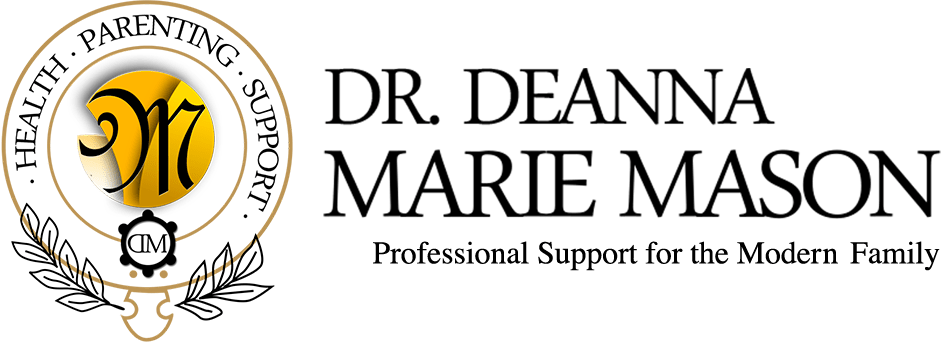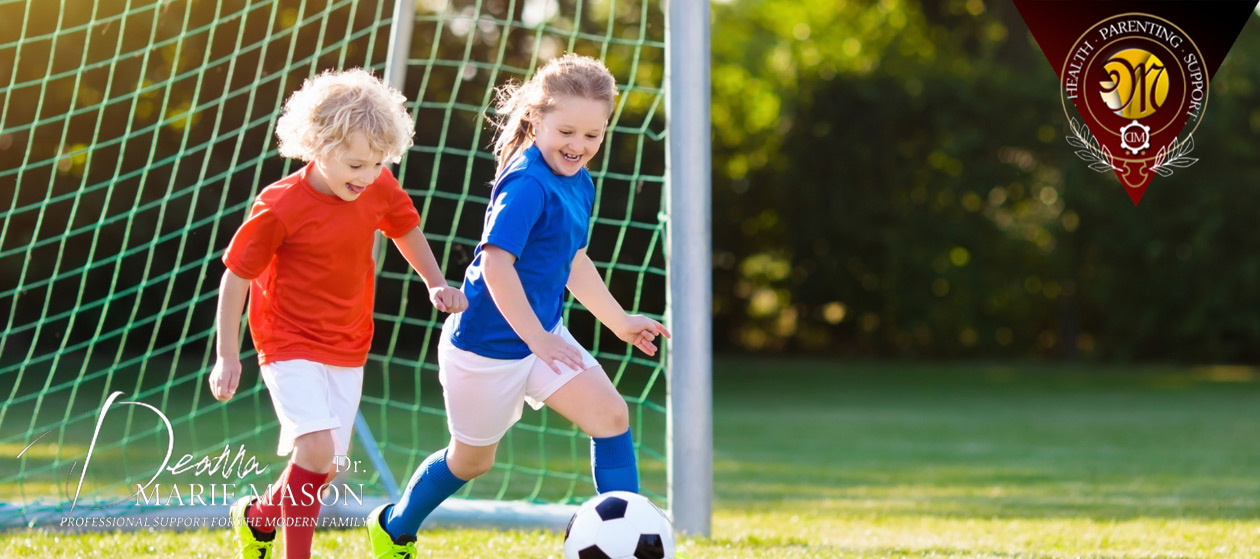Why physical discipline, such as spanking or slapping, is not advisable
Specifically, spanking remains associated with increased odds of adult mental and behavioral health impairments including depression and suicide attempts, moderate to heavy drinking, and street drug use. These links remain even when other types of physical and emotional abuse are controlled for. What this means is that spanking will always negatively effect a child’s development and should not be used as a parenting technique.
It is clear that spanking is harmful to children. So why do parents continue to use this method? The main reason that parents give when asked why they spank is that they too were spanked as a child. Therefore, it is not difficult to understand why parents revert back to behaviors they have experienced as a child when choosing how to discipline their own children. The only way to stop this generation-leaping practice is for parents to make a firm choice to use other discipline strategies and avoid physical discipline, including spanking.
During stressful situations parents may feel overwhelmed with emotion and act instinctually rather than looking at the situation objectively. It is in these moments when physical discipline, such as spanking, is most likely to occur.
A big reason that parents become overwhelmed, or unsure of how to react to their child’s behavior, is that many parents do not understand how their child develops.
If you would like to know more about what you can expect from your child and how to effectively discipline them in a loving and caring way, please see my other blog post titled: What Can I Expect of My Child? Limit Setting and Discipline by Age Group.
New discipline strategies to help avoid spanking and slapping
Most parents would like to learn more about effective ways to discipline without physical methods. Other non-physical discipline strategies, that are effective, include:
- Explaining expectation and consequences
- Time-outs
- Distraction
- Acting as a good role model
- Verbal warnings
- Setting limits
- Negative reinforcement (e.g. taking something away as a consequence)
Discipline is a necessary part of childhood because it teaches children important themes such as authority, following the rules, self-control, and responsibility.
Discipline should not take away our children’s spontaneity, happiness, or spirit. Rather, it should give them freedom to explore and experience life within the safe limits we set for them.
Therefore it is important that the methods parents choose to discipline their children support these positive goals. It is imperative that we avoid discipline strategies that may, in the short term, correct a negative behavior but, in the long term, create lasting damage.
Prevention is the only method to avoid the negative effects of spanking. Having knowledge about the negative, long-term effects of spanking on children is the first step parents can take to protect their children. Then, this information can be used to make an informed choice to avoid spanking and use other effective discipline methods, such as those listed above.
Knowing that spanking and other forms of physical discipline can have lasting, long-term negative consequences for our children can help parents intentionally choose not to use this technique. Focusing on using other, positive forms of discipline will protect our children now and later in their lives.
Sources:
- Afifi, T. O, Ford, D., Gershoff, E. T., Merrick, M., Grogan-Kaylor, A., Ports, K. A.,Macmillan, H. L., Holden, G. W., Taylor, C. A., Lee, S. J., & Bennet, R. P. (2017). Spanking and adult mental health impairment: The case for the designation of spanking as an adverse childhood experience. Child Abuse & Neglect 71(Sept.), pp. 24-31.
- Afifi, T. O., Mota, N. P., Dasiewica, P., MacMillan, H. L. & Sareen J., (2012). Physical punishment and mental disorders: Results from a nationally representative US sample. Pediatrics 130(2), pp. 184-92.
- Altschul, I., Lee, S. J., & Gershoff, E. T. (2016). Hugs, not hits: Warmth and spanking as predictors of child social competence. Journal of Marriage and Family 78(3), pp. 695-714.
- Gershoff, E. T. & Grogan-Kaylor, A. (2016). Spanking and child outcomes: Old controversies and new meta-analyses. Journal of Family Psychology 30(4), pp. 453-469.
About the instructor
Proactive Parenting
Deanna Marie Mason PhD
More than 20 years of clinical experience helping families:
Bachelor's Degree in Registered Nursing, Master’s Degree in Pediatric Nurse Practitioner and PhD in Nursing. University professor, patient education specialist, pediatric researcher, published author and reviewer to first-line international scientific journals, continuous philanthropic activity related to health promotion and education, wife and mother of two children.






